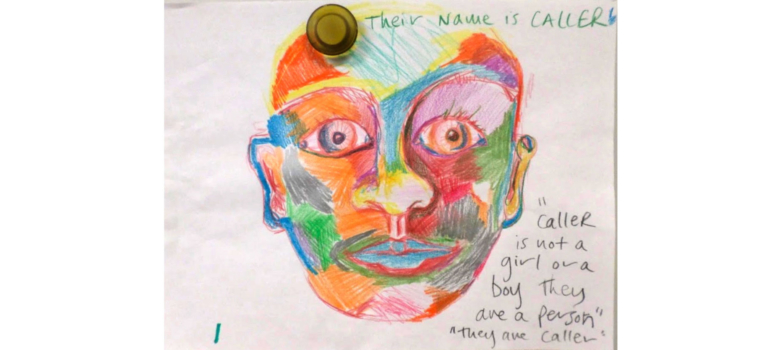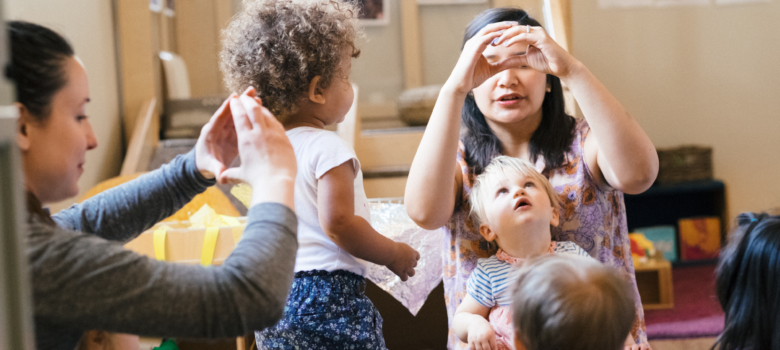Another entry from Resident Henry Emerson- this time with a focus on the context and setting of the athlete and how it opens space for learning. -Ed.
__________
I always loved sports and hated school. Classes were time for me to catch my breath in between the football, soccer, and basketball games before school, at lunch and recess, and after school. Homework was something I did during commercials of whatever game was on TV. Then I woke up one day in college (after 19 years of being alive!) and realized how much more to life there was. While I would love to go back to take full advantage of all my missed time as an student, when I look back at my love affair with team sports I remember all that I learned and I appreciate the space I was given to follow my passion.
On a sports team you are forced to learn how to navigate being a part of a group. Socialization is inherent even in the idea of a ‘pass.’ Every single pass someone makes, in any sport, they make with the understanding of a teammate’s position and trust in that teammate to receive the pass. To me this power is revolutionary.
As teams grow more competitive and practices become more rigorous, teammates must commit to one another and to a common goal. This sacrifice forms relationships that are meaningful and lasting. I’m not sure how to describe what it feels like to be buoyed by your teammates as you finish the final sprint. ‘Deeply invigorating’ is what comes to mind and that still falls so short.
Beyond learning how to function within a group, athletics teach people how to purposefully grow. A key part of learning to grow is learning how to receive feedback. Relationships with coaches familiarize kids with this process and show them the value in listening to people who have greater experience and knowledge in an area.
Sports also teach that there is no substitute for practice and hard work. Incredibly, this lesson is often taught through the back door. Behind the shortstop’s passion for softball hard work and discipline willingly follow in the form of thousands of fielded ground balls. One day the shortstop wakes up and realizes her hard work has earned her a starting spot on the varsity team. She didn’t know she was working hard because it didn’t feel like work, but the lesson sinks in all the same.
Finally, observing coaches my whole life has prepared me for a career as a teacher. Coaches, like teachers, must make observations about a player and differentiate their instruction and style to that player. No two players will have the same shooting form, and similarly no students will think about long division in the exact same way. So, coaches and teachers must be responsive to these differences.
Growth and learning happen in different ways and under different circumstances. Still, a common thread is that when we are passionate about our pursuits we will learn more than when we are uninterested. In schools, we hope to create environments that engage students and allow their enthusiasm to infect their learning. However, some students’ true passions lie outside of the classroom and I think it’s important to respect that too. I’m grateful so many people in my life did.




